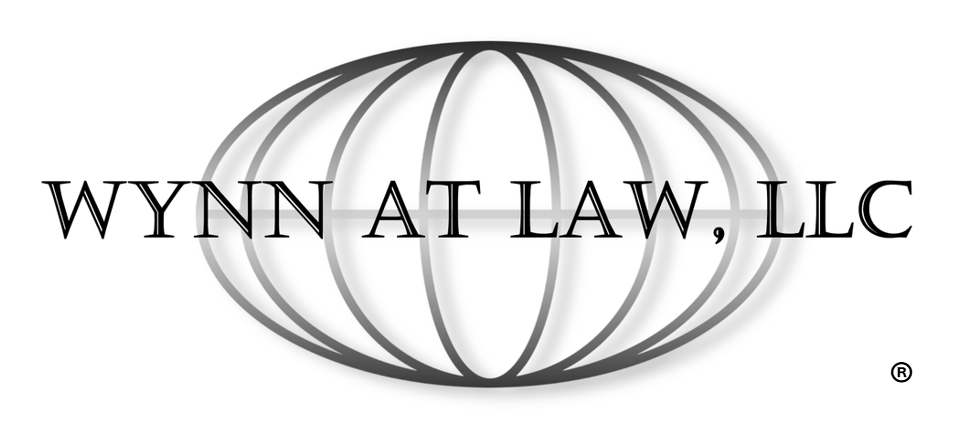Understanding a Credit Report and How to Find Yours:
Credit reports are generated by three credit reporting agencies (CRAs) – Equifax, Experian, and TransUnion. Your credit report may vary depending on which agency the report comes from, as creditors can choose which bureau to report to and not all creditors report to every bureau. To pull your credit report for free from any of the CRAs, visit annualcreditreport.com.
What is Included in a Credit Report?
Contrary to popular belief, most credit reports do not contain your credit score without paying an additional fee. Rather, a credit report contains information related to your borrowing and payback history, as well as other information valuable to lenders. For example, it is typical to find the following types of information on your report:
- Past and current credit accounts/loans,
- Payment history – such as on-time, missed, or late payments (including amounts in collections)
- Foreclosures and repossessions,
- Bankruptcies,
- Past and present addresses,
- Relevant public record information such as liens, civil suits, and judgments, and
- Companies who have accessed your credit report
Why Would I Need to Access My Credit Report?
a. Applying for a loan
It is a good idea to access your credit report prior to applying for a loan or any other large credit-related purchase. This allows you to be prepared for what your lender will see and make sure that the report is accurate. It is not uncommon for a credit report to contain errors, which is why it is recommended to check your report from all three agencies at least once a year.
b. Scanning your report for errors
Any errors on your report can be disputed with the credit bureau who issued the report, the company whose information is inaccurate, or with the Consumer Financial Protection Bureau (CFPB). The CFPB recommends first disputing the error with the credit agency (Experian, Equifax, or TransUnion) by explaining the error and providing any supporting documentation. The CFPB’s website provides sample templates for filing disputes and other helpful dispute-related information, which can be accessed here. If the agency finds an error, it will report the error to the other two agencies.
What About Credit Scores – How Do I Find Mine and What Affects It?
The three credit agencies discussed above also create a credit score, which is a 3-digit number ranging from 300 to 850. Credit scores can also be accessed by most credit card companies/lenders. However, each agency’s credit reporting algorithm is different, which will result in different scores.
One well-known credit scoring agency is FICO, which generates a FICO-score. A FICO-score is the same thing as a credit score, just based on FICO’s credit reporting algorithm. The FICO scoring system is similar to most other credit scoring companies and thus a helpful guide for what factors affect your score. Under this system, there are 5 key factors[1]:
- 35% of your score is based on your payment history:
- Includes late payments – the later they are, the worse for your score
- Includes accounts sent to collections
- Includes bankruptcies, liens, foreclosures, and other public info
- Takes into account the time the time since a missed payment and frequency of missed payments
- 30% is based on your credit utilization:
- Calculated by comparing your available credit to the amount you utilize – lower utilization is better for your score
- 15% is based on the length of your credit history:
- Old accounts can help boost your score
- 10% is based on new credit accounts/ how many total accounts you have open:
- Opening new accounts requires a lender to do a hard inquiry, which can temporarily lower your score
- Opening may new accounts within a short period of time may lower your score
- 10% is based on the types of credit you have (your credit diversity):
- It is better for your score to have a mix of accounts – such as a mortgage loan, car loan, and credit card loan
What is the Deal With “Freezing” my Credit and When Should I do That?
A credit freeze temporarily stops lenders from accessing your credit report. People may freeze their credit if they have been the victim of fraud and are worried that the fraudster is attempting to open new accounts in their name. Freezing your credit will not lower your score and is free to do, but you must remember to un-freeze your credit (and dispute any fraud on your report) prior to opening a new account. To freeze your account, visit each of the three agencies’ websites and follow the instructions.
Conclusion
The best advice when dealing with your credit report and credit score is to be proactive – check what is on your report regularly and make sure it is accurate, dispute errors, and initiate a credit freeze when necessary. Do not be passive when it comes to your credit – investing in your financial health requires more than checking your score.
Schedule a consultation with Wynn at Law, LLC today to discuss your debt relief options and how the options affect your credit report and credit score.

